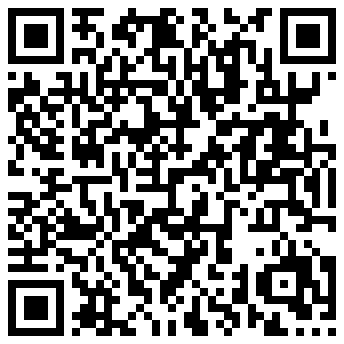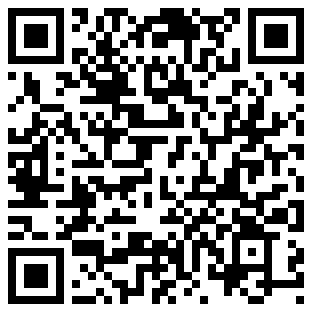And scan here to view the Presentation Handouts:
Thursday, March 7, 2013
NAEA Convention Presentation : The Confident Mark
Scan here to view my NAEA presentation:

And scan here to view the Presentation Handouts:
And scan here to view the Presentation Handouts:
Thursday, February 28, 2013
Vimeo account now up and running
My first project for Vimeo is my collection of 4'33" videos, which record snippets of experience in four minute chunks. The reference to John Cage's work is intentional.
Clip 1:
http://vimeo.com/60302032
Clip 2:
http://vimeo.com/60302429
Clip 3:
http://vimeo.com/60302430
Clip 4:
http://vimeo.com/60305396
Clip 1:
http://vimeo.com/60302032
Clip 2:
http://vimeo.com/60302429
Clip 3:
http://vimeo.com/60302430
Clip 4:
http://vimeo.com/60305396
Sunday, December 16, 2012
Christmas Divergence
To get into the holiday spirit, I wanted to share this post from Mark Oestreicher's blog, "whyismarko."
http://whyismarko.com/2012/the-42-worst-nativity-sets/
The silliness is a product of a collection of well-intentioned divergent thinkers.
http://whyismarko.com/2012/the-42-worst-nativity-sets/
The silliness is a product of a collection of well-intentioned divergent thinkers.
Saturday, March 3, 2012
Monday, January 2, 2012
No Right Brain Left Behind
The No Right Brain Left Behind challenge is a new entity that challenges top creative minds to battle the supposed "creativity crisis" in US schools. Targeting the business world for solutions in the ed world may seem like a risky proposition, but the investment in future leaders should be seen as a safe investment for everyone. The proposals, at first glance, carry some strong potential!
Sunday, January 1, 2012
Theory of Mind in Chimps
The BBC reports that researchers have uncovered a behavior in chimps which displays their consideration of external audiences. The test pitted chimps against a dangerous prey (a rubber snake) and observed the chimps' alerting others to the presence of the predator.
The alert, though, only came if the other chimp did not know about the rubber snake. So, the chimps were apparently considering their own knowledge of the environment and comparing this to the supposed knowledge of other chimps. If the chimp determined that the other chimp did not have the same knowledge about the snake, the first chimp offered an alerting sound.
The alert, though, only came if the other chimp did not know about the rubber snake. So, the chimps were apparently considering their own knowledge of the environment and comparing this to the supposed knowledge of other chimps. If the chimp determined that the other chimp did not have the same knowledge about the snake, the first chimp offered an alerting sound.
Monday, November 28, 2011
Changing Education Paradigms
In his animated TED talk, Sir Ken Robinson, a catalyst for change in the education system, illustrates both the current paradigm of standardized tests and a cookie-cutter approach to learning, as well as his envisioned shift in paradigm. He imagines a system in which students are encouraged to test possibilities, make mistakes (and learn from them), and follow passions.
The presentation succeeds in conveying his message, and it does so in a visual manner which allows for continual connections to past information. It's quite incredible to view the image as the video ends, in which it is clear what was discussed. It induces immediate nostalgia, and makes connections to information seamlessly.
The company responsible for the animation and visuals is Cognitive Media from the UK. They've worked extensively with the Royal Society for the Encouragement of Arts, Manufactures and Commerce (RSA for short), creating similar videos on equally interesting and important topics.
Subscribe to:
Posts (Atom)



